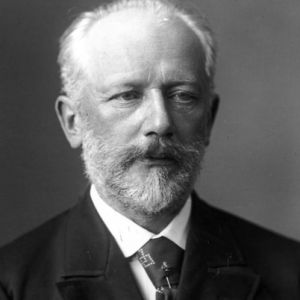
Composer Profile: Piotr Ilyich Tchaikovsky & His Iconic ‘Eugene Onegin’ & ‘The Queen of Spades’
By David SalazarPyotr Ilyich Tchaikovsky, born on May 7, 1840, is one of the most famous composers of all time.
He’s best known for his symphonic work to be sure, but he was also a noted opera composer. He often adapted libretti himself and in all, composed 11 operas. His first opera, “The Voyevoda” was composed between 1867 and 1868. His final work, “Iolanta” came together in 1891.
As was always his style, Tchaikovsky’s operas are highly melodic, combining his own passionate romantic style evocative of Western European music with Russian style to create a mixture that was unlike any composer before or after.
Greatest Work
Tchaikovsky’s most renowned opera is undeniably “Eugene Onegin,” which is based on Pushkin’s famous play. The work has become a cornerstone of the standard repertoire and is performed all around the work consistently. Its appeal comes from its visceral melodic style and its relatable characters, including the cold and polarizing title figure.
However, one might argue that “The Queen of Spades” is an even greater opera. The second to last opera in Tchaikovsky’s oeuvre features one of the most complex protagonists in the entire canon and music that spans a wide range of emotional moods and ideas. It is rich harmonically, particularly when the composer takes a step into the supernatural.
Finally, “Iolanta” has seen a rise in popularity in recent years, owing not only to a glorious melodic style but also to its brevity, which makes it easy to pair with other short works. It is a vehicle for both soprano and tenor, much in the way “The Queen of Spades” is.
Watch and Listen
Here is a recording of “Onegin,” starring one of the great interpreters of the role, Dmitri Hvorostovsky.
And here is a recorded performance of “The Queen of Spades,” conducted by one of its greatest champions, Seiji Ozawa.
Categories
Opera Wiki

